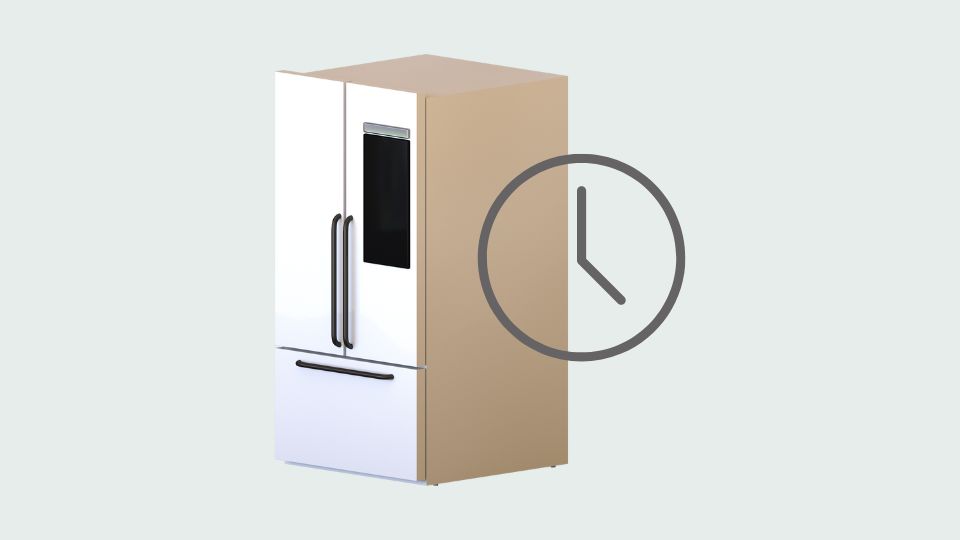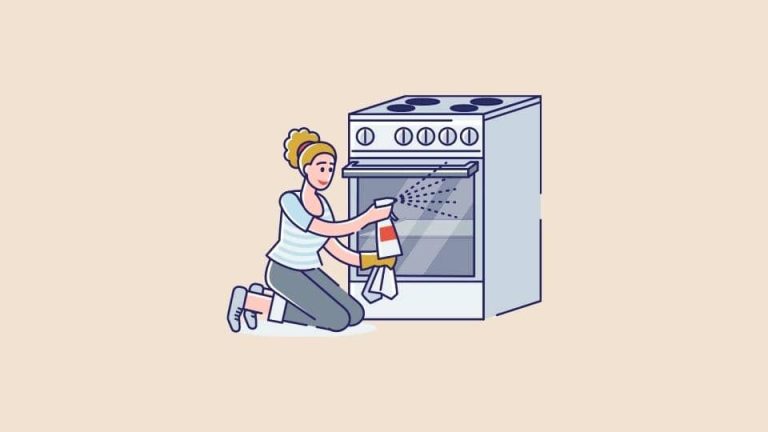How Long Does a Landlord Have to Replace a Refrigerator?
When you lease an apartment, one of the things that are usually included in the rent is a refrigerator. But what happens if your refrigerator dies or needs to be replaced? How long does the landlord have to replace it?
In most cases, the landlord is responsible for replacing a refrigerator if it requires maintenance or needs to be replaced. However, there may be some instances where the tenant is responsible for the replacement cost. For example, if the tenant caused the damage that led to the need for a new refrigerator, they may be responsible for paying for it.
In general, the landlord has a few options for replacing a refrigerator. They can either repair the old one, buy a new one, or rent one from a third-party company. The decision of which option to choose will likely be based on the cost and availability of each option.
In this post, we’ll discuss a landlord’s different options for replacing a refrigerator. We’ll also talk about how long the landlord has to replace the fridge and the tenant’s rights in this situation.
If you’re a tenant wondering how long your landlord has to replace a refrigerator, read on for more information.
How Long Does a Landlord Have to Replace a Refrigerator?

Replacing a refrigerator is typically the responsibility of the landlord. In most cases, the landlord replaces a fridge as soon as possible, but there is no set time frame for how long they have to do it.
It can take up to two weeks for the landlord to replace a refrigerator. However, this time frame may be different depending on the municipality you live in. For example, some municipalities require landlords to replace a fridge within 14 days.
If your landlord takes too long to replace your fridge, you can report them to the appropriate authorities. In most cases, the landlord has up to 22 days to replace any appliances.
Is the Refrigerator Part of the Rental Property?
In legal terms, appliances such as refrigerators are not considered part of the rental property. This is because they are not permanently attached to the property and can be removed without damaging it.
However, once the tenant moves in, anything that is automatically included in the lease agreement is considered part of the rental property. This means that the landlord is responsible for maintaining any appliances that are included in the lease agreement.
Some landlords include a clause in their leases specifying that appliances like refrigerators and stoves are for the tenant’s use, but they are not included in the rent. By doing this, the landlord saves money.
Clauses like this usually place the tenant responsible for repairs and maintenance of appliances if used. So, look at your lease to see if you’ll be held accountable for any damages done to the appliances.
What are the tenant’s rights in this situation?
The tenant has the right to a livable and safe rental property. This includes having working appliances, such as a fridge. If the landlord does not provide a working refrigerator, the tenant may be able to file a complaint with the appropriate authorities.
The tenant also has the right to receive compensation for any damages they incur because the landlord fails to provide a working refrigerator. For example, if the tenant has to buy their own fridge because the landlord did not replace the old one in a timely manner, the tenant may be reimbursed for their expenses.
Should Landlords Provide Appliances?
Appliances are often viewed as a necessity for most tenants. For this reason, many landlords choose to provide them as part of the rental agreement.
Providing appliances can be a good way to attract tenants to your property. It can also give you an edge over landlords who do not provide appliances.
However, in most cities and states, no law requires landlords to provide appliances. This means that it is ultimately up to the landlord to decide whether or not to offer them.
But a rental property must have all the connections and wiring in place to support the installation of an appliance if the landlord wants the tenant to install it.
Confused about who is responsible for replacing the refrigerator. Do this
If you are unsure who is responsible for replacing the refrigerator, you can always check your lease agreement. The lease agreement should have a clause that specifies who is responsible for maintaining and repairing appliances.
If there is no mention of appliances in the lease agreement, you can try contacting your landlord directly to ask about their appliance maintenance and repairs policy.
You can also check with your local municipality to see if any laws require landlords to provide working appliances in their rental properties.
If still in doubt, consider an alternative approach, such as mediation or arbitration, to resolve the issue without going to court.
If the landlord is responsible for replacing the refrigerator, then it should take about two weeks of the request. And if a tenant is found accountable for replacing it, there is no such time limit, but the sooner it is replaced, the better it is for them.
Find a Middle Ground
If you are unsatisfied with the above solution, both can work out a middle ground.
For example, if the landlord can agree to provide a new fridge or maintenance within two weeks, then the tenant should agree to pay for half of the cost.
For example, if the landlord agrees to replace a refrigerator or maintain it within two weeks, the tenant should be ready to pay half of the expense.
Also Read: How Long Can a Landlord Leave You Without Air Conditioning?
The Bottom Line
Replacing the refrigerator is the landlord’s responsibility unless mentioned otherwise in the lease agreement. And it should be fixed or returned within two weeks or 14 days of request.
It is important to remember that both the landlord and the tenant have rights regarding maintenance and repairs.
If you are unsure who is responsible for replacing a refrigerator, check your lease agreement or contact your landlord directly. You can also check with your local municipality to see if any laws require landlords to provide working appliances in their rental properties.
If you still can’t agree, consider mediation or arbitration as an alternative to going to court.






